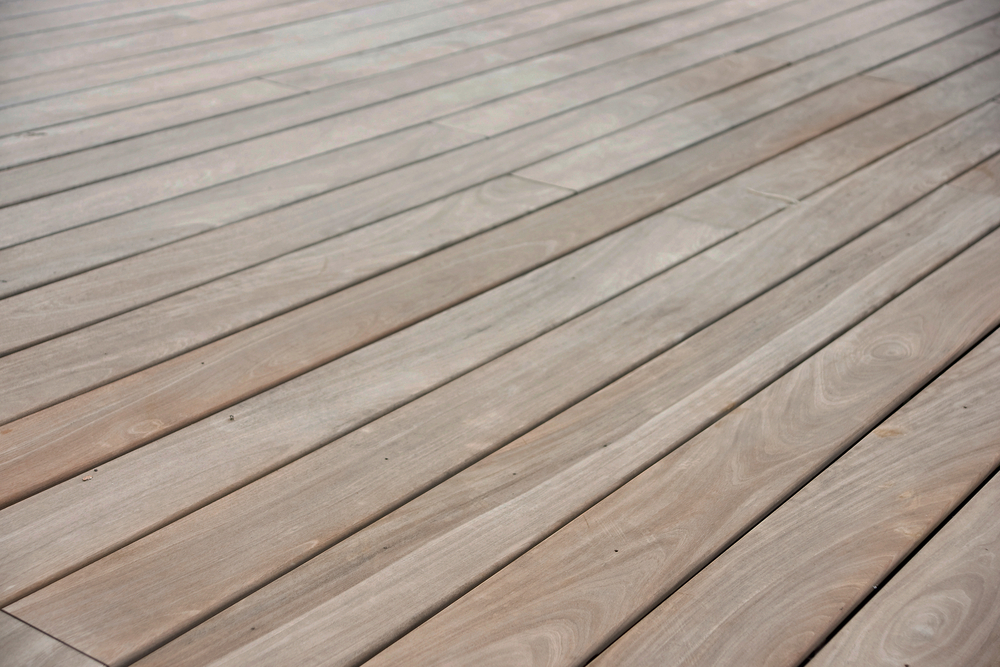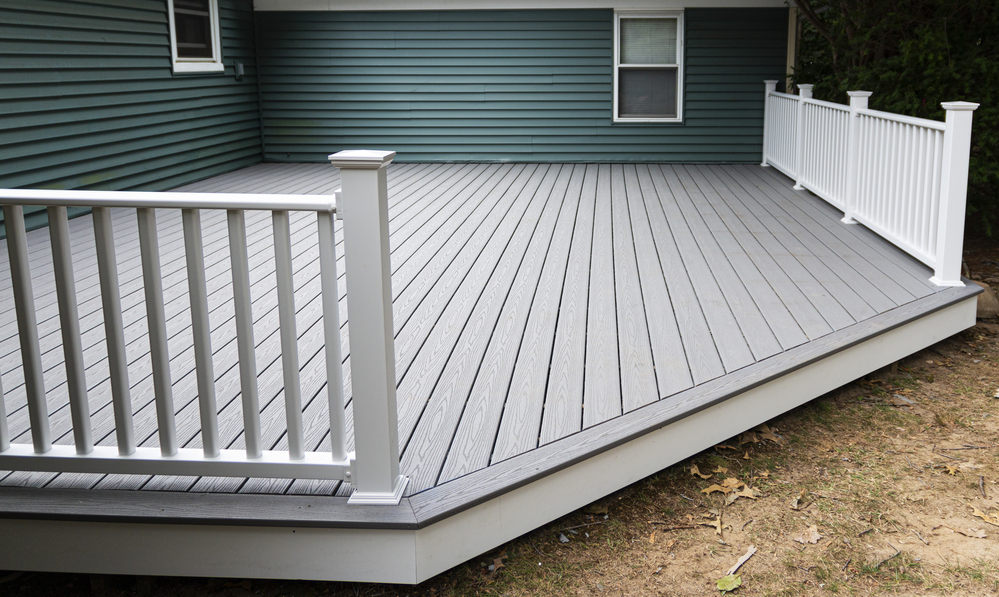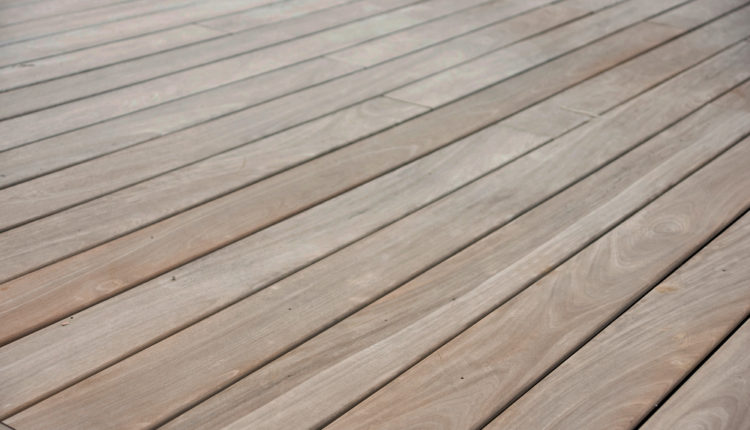How Long Do Decks Usually Last? | Best Rate
When considering a new decking, many homeowners wonder what the longevity of the decking might be. A new decking is an investment, so it’s understandable that you want to know how long the investment in your outdoor space will last… but the lifespan of your wood or composite decking all depends on the type of used material.
To help answer this question, let’s take a look at the two most popular decking materials: wood and composite.

Natural wood decking
Contents
- 1 Natural wood decking
- 2 Composite decking
- 2.0.0.1 About Best Price Repair
- 2.0.0.2 We’ve been building decks and serving San Diego since 2002. To date, we have over 1,000 happy customers. At Best Rate Repair we pride ourselves on getting the job done right and on time. Our team of contractors and estimators is Deck Evaluation Certified by the North American Deck and Railing Association (NADRA). We are proud to say that more than half of our revenue comes from customer referrals. Get started on your composite decking project today by calling our team.
How long will your wooden terrace last? In general, wooden decking lasts about 10 to 15 years, but some can last much, much longer. It all depends on the quality of the wood, the climate your deck exists in and how diligent a homeowner is with maintenance. It’s hard to compete with the natural warmth and appeal of organic materials, but we won’t lie to you: wood decking requires a lot of from TLC.
To ensure you protect your investment, regularly power wash, stain and seal your natural deck surface every one to two years (and more if you live in an area prone to storms, rain or extreme sun and fluctuating temperatures) .
Traditional wood decking materials usually include pressure-treated wood (usually yellow pine), softwoods such as cedar and redwood, and exotic woods such as mahogany and teak.
Here’s how they stack up:
- Pressure treated pine (Lifespan ~10-15+). A pressure-treated decking usually contains decking boards that are infused with chemicals that repel incest damage and rainwater, which can help extend the life of the decking. To make your pressure-treated wood last even longer and to prevent rotting wood, apply water repellent sealers annually and remove mold or mildew at the first sign of growth.
- Softwood (Lifespan ~10 years). Softwood decking is cheaper than other types of wood. These decking boards are also made from faster-growing trees, so they’re more environmentally friendly than hardwood decking. Woods such as cedar and redwood are naturally slightly more resistant to rot and insect damage due to the naturally occurring oils found in these species. But softwoods are not as hardy compared to their aptly named “hardwood” cousins and need much more regular maintenance. To keep this type of wood deck clean, you need to clean it and apply sealer at least twice a year.
- Hardwood (Lifespan ~30+ years). These woods are extremely dense and much more durable compared to pressure treated and coniferous woods. These woods require more minimal maintenance, and with proper maintenance, most homeowners can enjoy them for decades.

Composite decking
Composite is incredibly resistant to fading, degradation and general wear and tear of wood decking materials. In a nutshell… artificial decking means shorter “honey-do” lists, leaving time and energy for the fun things in life. Most professionals praise composite decking as the best decking material of all, and as a rule, the life of composite decking is around 25 to 30 years (and longer) with good, if little, maintenance.
Here’s how these two popular composite materials
- Trex. This is an eco-friendly option made almost entirely from recycled plastic and other materials (95%). These materials are also carefully processed to ensure that you receive only the highest level of quality and performance. Most professionals agree that this type of decking outperforms wood and requires much less maintenance, helping to reduce your costs over time and helping the environment!
- Fiber. Another sustainable option! Fiberon sheets may be synthetic, but they can fool you. The warm tones and grain patterns mimic those of real hardwood, only without the fading, warping, and rotting that you get with the real thing.
If you clean regularly, you’ll probably never need to replace your composite decking – which is great if you want to spend your money on other projects in your outdoor space. But compared to wooden decking, it is much, much more expensive up front. The good news is that composite decking often comes with a stain guarantee and most decking companies offer financing options. It is also versatile, which means that the material can be a good option for other outdoor projects, such as pool and hot tub decking, balconies, arches, walls and other features.
Not sure yet which type of deck suits you best? Call us today and our experts can discuss all screed options and help find a solution that best fits your budget and long-term needs. With Best Rate Repair you will feel confident in your new deck!


Comments are closed.